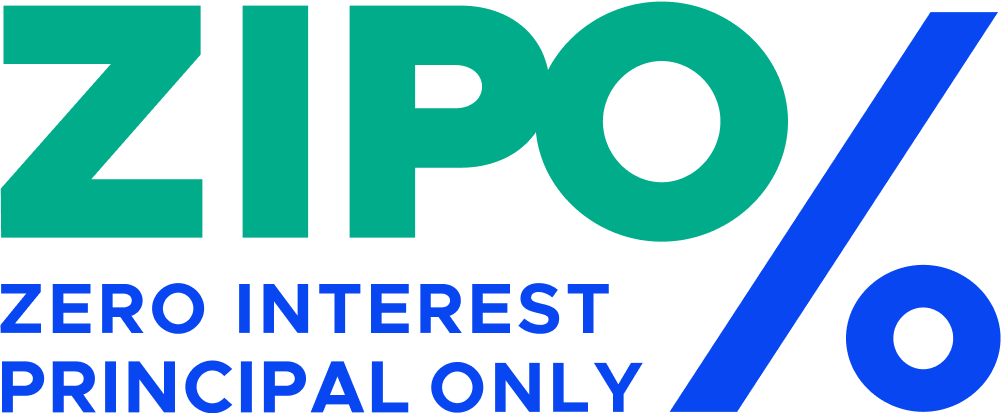NEWS
How Much Faster Would You Pay Off Student Loans if They Didn’t Have Interest?
Sending off that final payment on your educational debt represents a moment of freedom. Once your loans are paid off, you’ll be able to fully capitalize off of your education and begin to make progress towards your goals of doing things such as buying a house or saving for your retirement. Although you can’t instantly erase the money that you owe for going to school, there is the possibility that ending interest on student loans could help you shave years off of the time it takes to reach this goal. How much faster depends upon your current payment plan along with how you choose to allocate your extra payments.
What Kind of Repayment Plan Are You On?
The standard repayment plan allows you to make fixed payments over a period of time that usually spans 10 to 30 years. A graduated repayment plan starts with lower payments that increase so that you can complete your payment schedule within 10 years. This gives you an easy timeline to figure out how long it will take you to pay your loans. Since all of these plans take your interest rate into account, you can assume that you’d pay off your debt faster than what the plan indicates. You can also use this information to figure out how you might be able to shave time off of your repayment plan by being able to skip paying interest.
Do You Have an Unsubsidized Loan?
Subsidized federal student loans do not allow interest to accrue while you are in school. If you have an unsubsidized loan, then the interest can start to accumulate before you complete your education. When this happens, the interest can sometimes capitalize and get added to your principal. At this point, you can be paying interest on this new amount, which makes it harder to pay off loans. Making sure that all loans no longer carry interest means that you won’t be forced to pay for the extra amount that builds up while you are in school.
What Type of Interest Rate Do You Have?
When you apply for a loan, the lender will provide you with terms that influence how hard it is to finish paying it back. Loans come with both variable and fixed interest rates. Fixed rates stay the same, but variable rates can make it harder to pay off loans if they rise to the point that your monthly payment increases significantly. Zero-interest loans eliminate the issue of having ballooning payments that could cause you to go into forbearance and further extend the life of your loan.
What Can You Do to Pay Off the Principal Faster?
If you already know that it will take you 10 or more years to pay off your debt with a repayment plan, then you can start to figure out how fast you could do it if you aren’t paying interest. Student loan repayment calculators can give you a good general idea of how this might work, but there are some simple strategies to paying off debt quicker. For example, you can choose to make an extra payment several times a year. Right now, you’ll need to be savvy about making sure that the extra payment goes toward the principal of the loans with the highest interest rates. Zero-interest loans would eliminate this worry.
Everyone makes progress towards paying off their debt at different rates, but the fact that eliminating interest makes it easier to do faster is clear. Our goals still include allowing students comfortable repayment plans that can allow for debt to be paid off over 30 years when it is needed. However, being able to pay your debt down faster if you can puts you in better control over your financial future.
